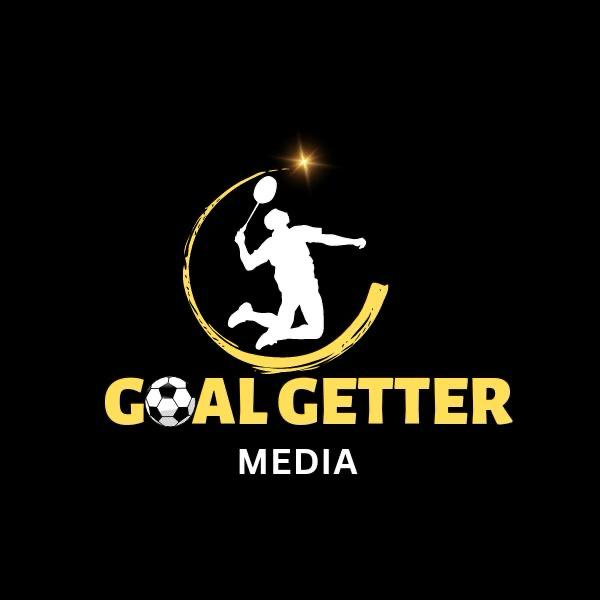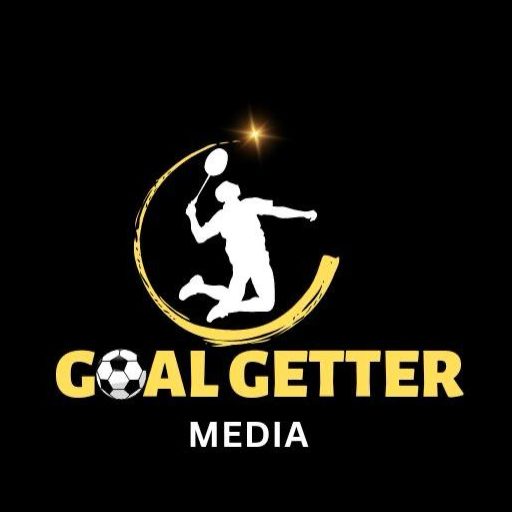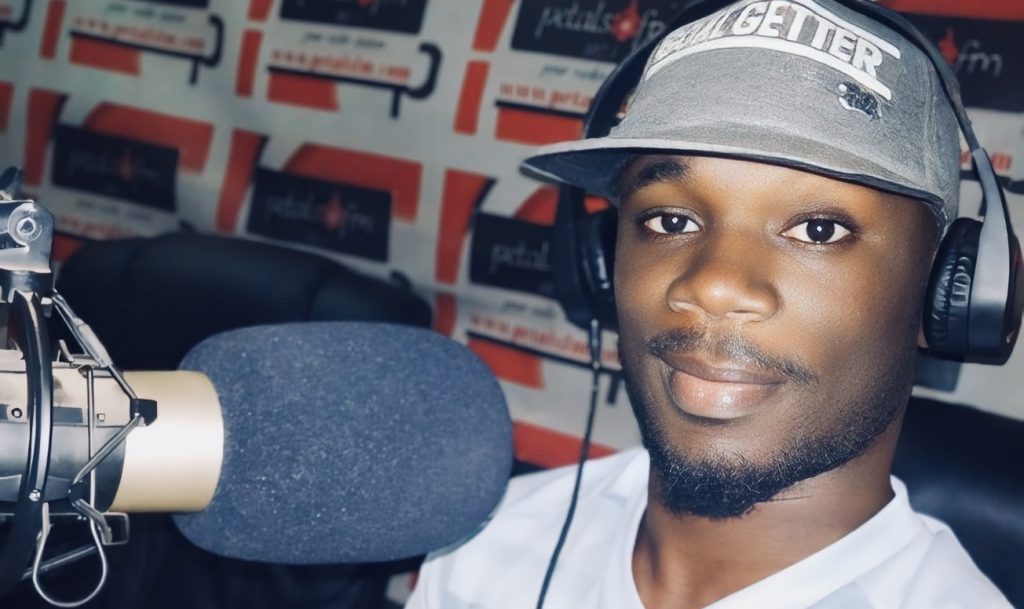Yesterday, Idris Animasaun started a conversation about how every Tom, Dick, and Harry who finds themselves behind the microphone to talk about sports now regards themselves as a sports journalist.
It is essential to clarify that not everyone presenting or analysing sports on radio and television is a sports journalist, many of these individuals are more accurately described as Sports On-Air Personalities (OAPs). While the media landscape features a variety of voices, it’s important to note that not everyone behind the microphone or camera is a trained or practicing journalist.
Although both sports journalists and sports OAPs are involved in discussing sports, their roles, skills, and responsibilities differ significantly. Here’s a breakdown of the differences.
Training and Background:
A sports journalist typically has formal training or education in journalism or communications, or has honed their craft through years of field experience specialising in sports reporting. On the other hand, becoming a sports OAP does not necessarily require such formal training. With a strong charisma, personality, a good voice, and a solid knowledge of sports, an individual can thrive as a sports OAP.
Role and Focus:
Sports Journalists focus on researching, writing, and reporting accurate, in-depth, and objective sports news and events. They often attend live games, press conferences, interview athletes, and produce exclusive stories. Sports OAPs, however, are media personalities who engage audiences through radio, television, or online platforms. Their role often combines entertainment with personal opinions, presenting sports content in a conversational and engaging manner.
Content Style:
The differences in content delivery further highlight their distinct roles. Sports Journalists are skilled in writing, researching, and fact-checking. They adhere to journalistic ethics, maintaining objectivity and accuracy in their reporting, while sports OAPs focus discussing trending topics, match highlights, and may engage in debates or interactive discussions with their audience. Their style often includes banter, humor, and subjective opinions, making their content more lighthearted.
In Other Words:
A sports journalist is often on the field, in the stadium, covering live events. But many sports presenters in Ibadan, for instance, have not been to the Lekan Salami Stadium to cover even one Shooting Stars game this season, not to talk of travelling out of Ibadan to cover any sporting event. Many of them primarily operate from the studio, discussing trending topics without necessarily attending live events. This has effectively positioning them as sports OAPs rather than journalists.
A sports journalist will avoid engaging in on-air banter, such as mocking players or football teams that lose their games. However, we’ve seen many sports presenters who come on air to sing, mock, and banter with fans, players, and football clubs that have lost their games. In fact, some radio shows are now dedicated solely to banter football clubs and their fans. People who do this can be categorised as sports OAPs.
A sports journalist must be an excellent writer. You can’t just be talking sports on air without strong writing skills and call yourself a sports journalist. If you’ve never written any sports piece on social media, in a journal, on a website, or in a newspaper—and all you do is talk sports on air—you are a sports OAP.
Sports journalists do not praise or eulogize people on air, but at the end of the program, they may acknowledge the efforts of the production team. However, singing the praises of listeners and fans on air is synonymous with sports OAPs.
Another question frequently asked is whether sports analysts can also be considered sports journalists. The answer is yes—but only if the analyst meets the criteria of a sports journalist, such as those discussed above.
In Conclusion, while there is some overlap between the two professions, sports journalists emphasise research, accuracy, and detailed reporting, while sports OAPs focus on engaging and entertaining audiences. However, both play vital roles in shaping how sports are covered and consumed by fans, and their roles cannot be overemphasised.
Lastly, this write up is not intended to diminish any individual or sports presenter; it’s simply to clarify the situation and ensure everyone understands where they belong.
@iam_goalgetter
Damilola Amuda (GoalGetter)
•BA History and International Studies
•MA Media and Communication
•PhD (in progress) Digital Media and Technology





